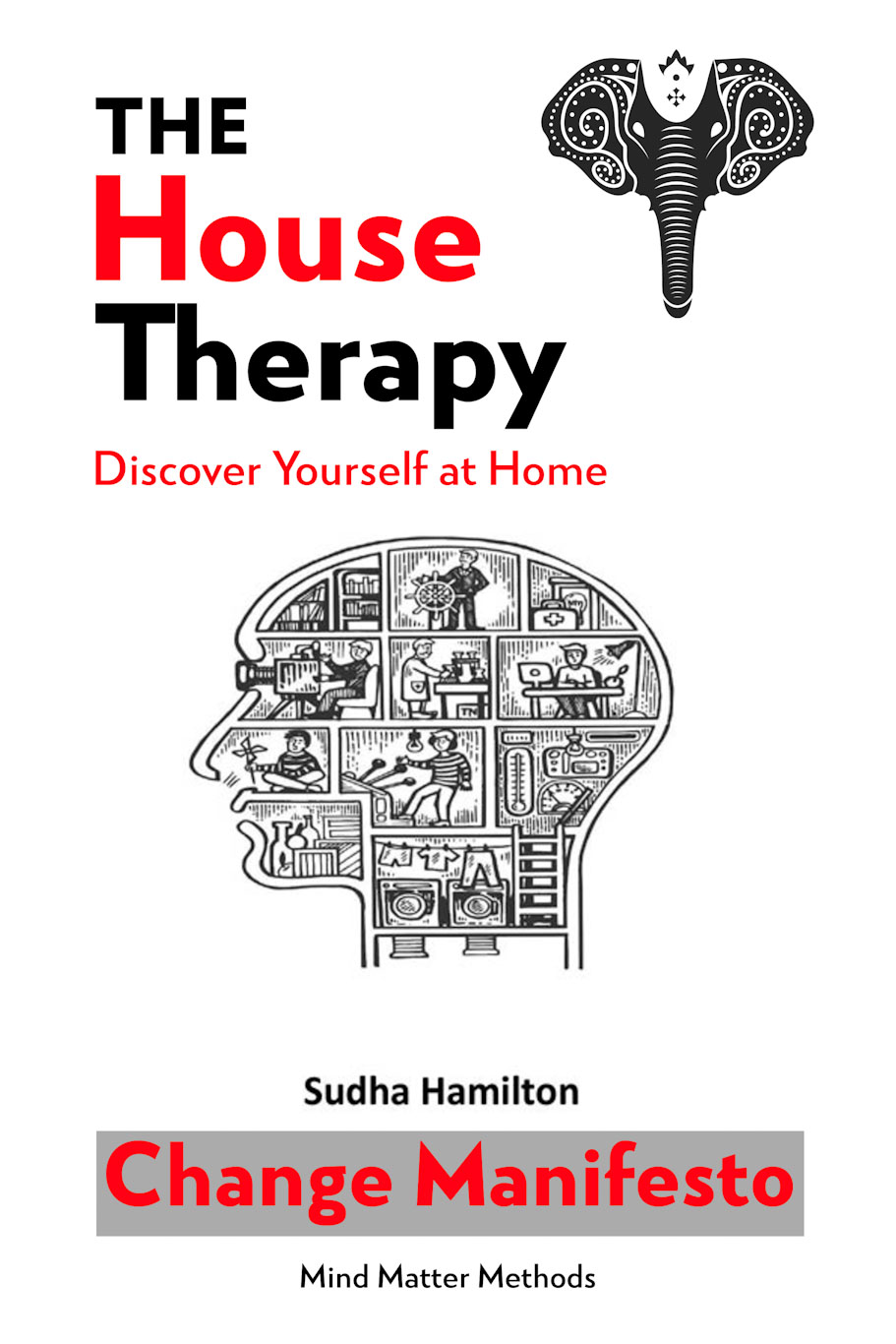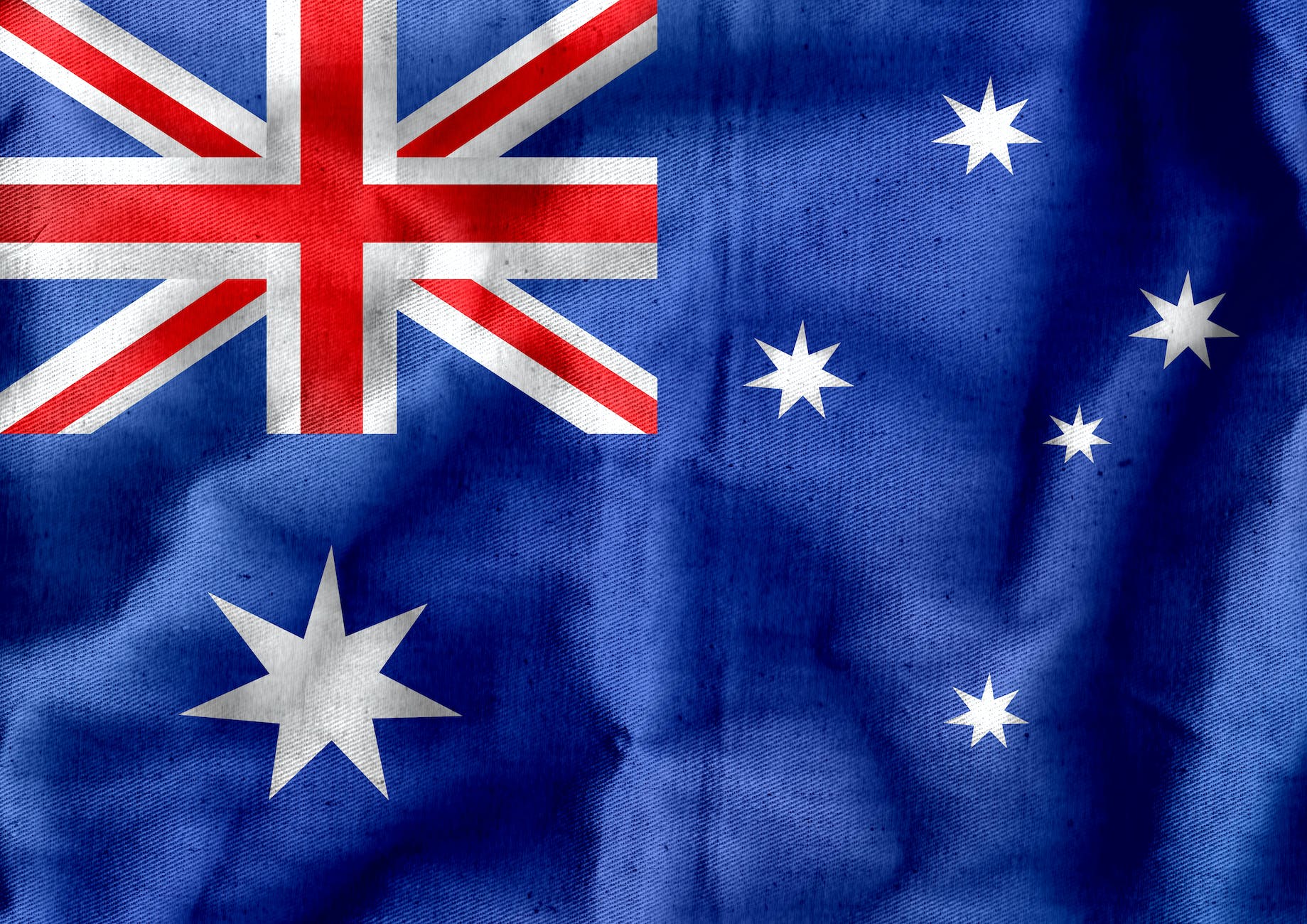
Wake Up World: The Market Is Not Going To Save Us
Have a look around at the world we currently live in. Everything is becoming or has already become unaffordable for many. Food, rents, mortgage payments, and all those endless fees and charges imposed in our rentier economies. Most of us are worse off than our parent’s generation because the wealth has been syphoned of by a small section of our societies. Governments have looked the other way whilst immense riches have been amassed by the few. This had a fancy name it was called neoliberal economic theory/policy. Its forerunner was in the Gilded Age back at the beginning of the 20C and you might remember what followed. It was called the Great Depression.
Market Forces Will Not Save The World
During this time enormous wealth was achieved by names like Rockefeller, Morgan, Vanderbilt, and Carnegie. These railroad, steel, and banking oligarchs became known as the ‘robber barons’ by their detractors. They tied everything up in deals and trusts to maximise their own wealth amassing capabilities to the detriment of any competitors. Following this period a whole lot of anti-trust laws had to be brought in to break their stranglehold on American economic opportunity. Neoliberalism is, basically, having another go at doing the same thing around the globe. Wealth and power has been concentrated into huge corporate entities controlled by billionaires like Elon Musk, Jeff Bezos, Mark Zuckerberg, the Koch Brothers, and the list goes on.
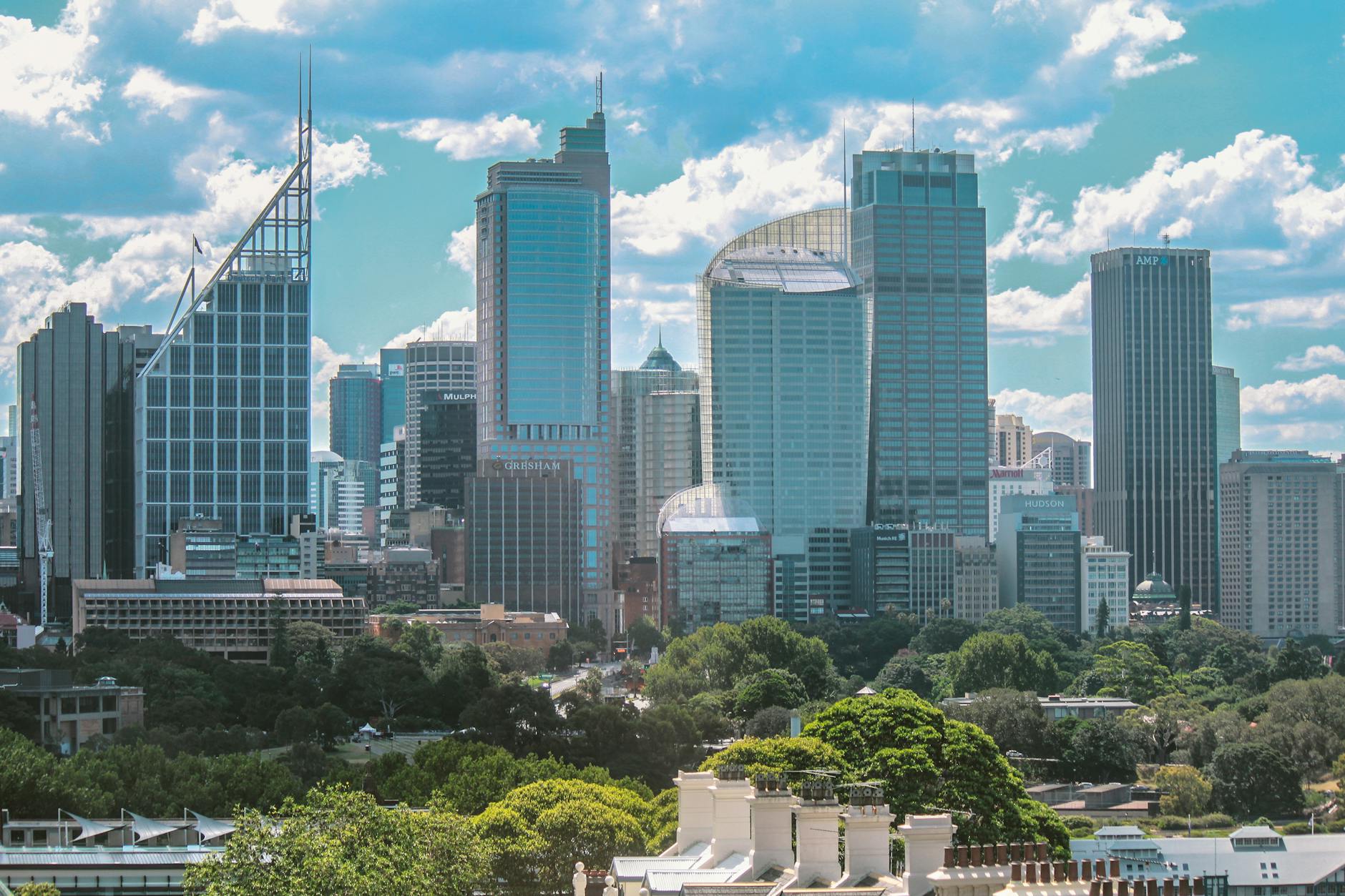
Democracy vs Oligarchy
Abraham Lincoln was primarily about opening up more economic opportunities for ordinary Americans. This was the foundation of the Republican party at the time but it has strayed a long way from this credo since then. The political system, everywhere, gets captured by wealth and power. Those that can afford to lobby politicians and bureaucrats do so, whilst average Joes and Joannes don’t. Thus, we get this warped democracy, which is really an oligarchy of elites and the super wealthy running the show. Wealthy people want to ensure that economic opportunity is theirs first and that their existing assets are looked after. They have kids and they do everything in their power to increase their wealth, influence and opportunities in life. It is a circle of entitlement. The same thing is occurring in Australia with the growth of exclusive private schools, which are part funded by the federal government. The wealth divide is widening every day downunder. You will notice that the LNP conservative coalition, which has been most often in power over the last hundred years, is always pushing Australia to become more like America. There have been attempts to privatise our universities and higher education system. Endless attempts to get rid of Medicare our universal free healthcare insurance system. If you look at America college degrees are wildly expensive and unaffordable for the bulk of Americans. Healthcare in the US is a viper’s nest of overcharging for every aspect of medical care due to greedy private operators. More Americans declare bankruptcy over unpaid medical bills than for any other single reason. Prior to the introduction of Medicare in Australia it was a similar situation.
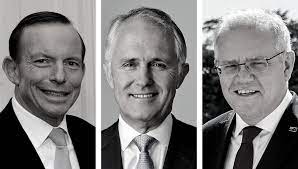
Neoliberalism Has Poisoned The Well
Wake up world: The market is not going to save us. Lots of ordinary folk buy the idea promulgated by proponents of neoliberalism that market forces are better at running things. In Australia, we live in what is called a mixed economy.
“Australia has a mixed economic system in which the economy includes a variety of private freedom, combined with centralized economic planning and government regulation.”
Right now, we have a severe housing crisis, where a shortage of housing stock has dramatically pushed up rents and property prices have been high for years. The market has not been efficient or, indeed, serviceable in this instance. There is a similar major problem in America, and in Europe. These bastions of neoliberal economic policies over the last 40 years have not been served well by market forces in this sector. The evidence is there for all to see if you take off the ideological glasses.
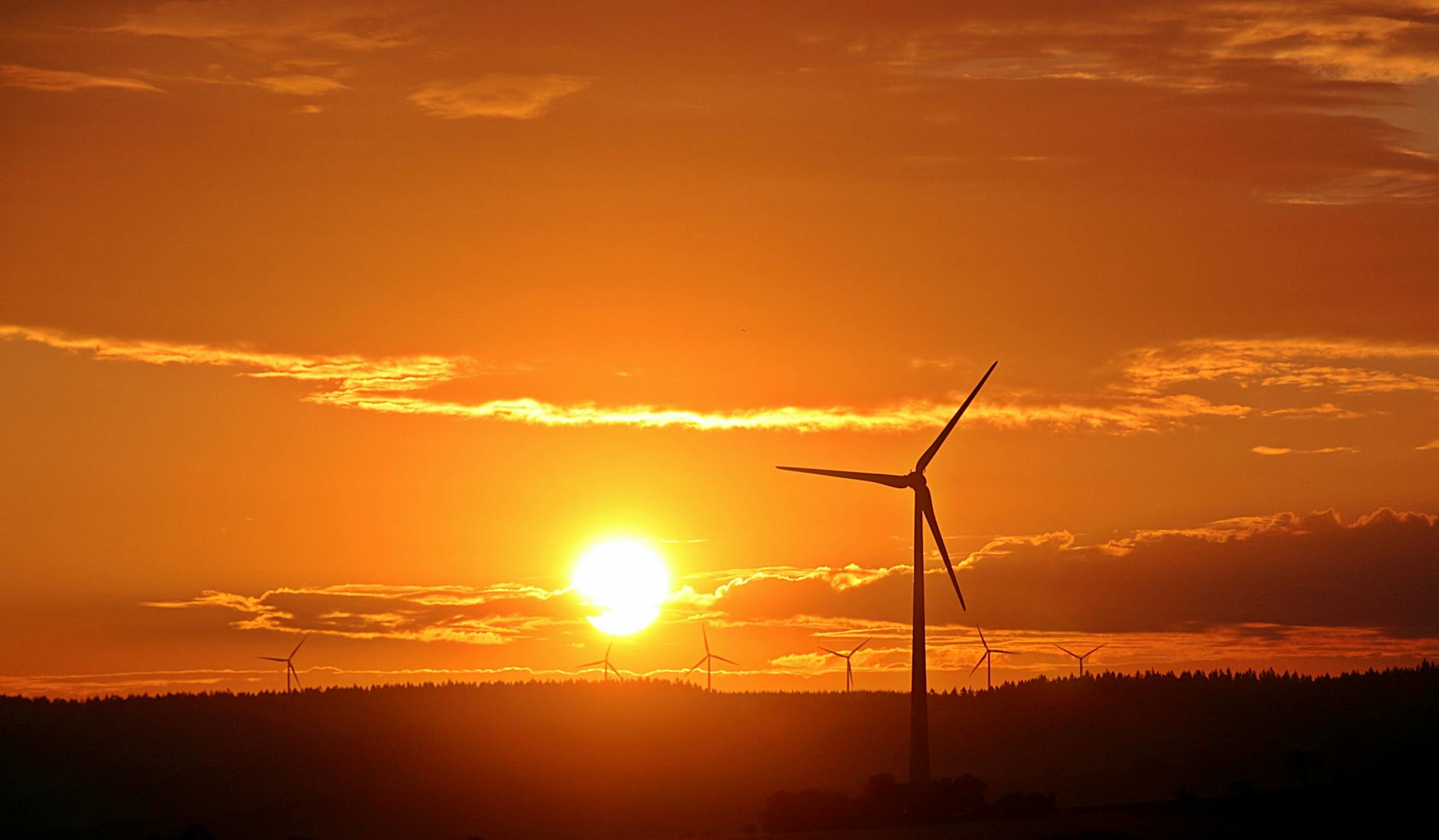
Market Forces & The Energy Transition
Market forces determine inflation levels in a globalised economy, as we have seen over the last few years. Energy prices have been particularly volatile on this score, thanks to wars in Ukraine and the Middle East. In response to climate change many nations are transitioning to alternative energy sources, as burning fossil fuels emit lots of carbon into the atmosphere. Australia and the US have largely entrusted this transition to market forces in the hope that the private sector will achieve this more efficiently. However, renewables like wind and solar do not deliver the same levels of profitability as the fossil fuel multinationals have been used to.
“To understand the economics of the energy transition, we should adopt a “profit-centric” perspective, rather than a cost-centric one. Crucially, all three companies agree that hydrocarbon production in areas such as oil remains significantly more profitable than renewable energy generation. Internal rates of return (IRRs) – the standard commercial measure of an investment’s profitability – are around 15% to 20% on hydrocarbons, or higher. Typical IRRs on renewables today are around 5% to 6%, although the majors think they can do better than existing renewables companies and lift returns to about 10%.”
The existing corporate commercial infrastructure in this sector is, therefore, holding onto the fossil fuel game as long as it can. They are not setting any speed records when it comes to transitioning to renewables, despite the warning clarion call ringing out around the world. Brett Christophers highlights the problem with the volatility of the electricity price in the spot market.
“One significant aspect of this is the emergence of the ‘spot market’, where electricity is traded for next-day delivery and where ‘generators bid the amount of electricity they expect to be able to supply’ (61–62). Not only do renewable energies face challenges in predicting their electricity production levels, but this market mechanism also entails that the highest-cost generator sets the selling price for all participants. The recent surge in gas prices has effectively positioned this type of generator as the de facto price-setter. Consequently, electricity prices in such markets have exhibited high volatility, mirroring the fluctuating prices of gas as a primary raw material. Through other comparable examples, Christophers demonstrates that while the costs of a renewable plant may be reasonably anticipated in advance, the expected profitability of the plant represents an entirely distinct consideration. Without the ability to accurately evaluate expected profitability, the financiers responsible for funding energy plants – especially renewables, which are predominantly financed through debt – are disinclined to invest. This issue is less prevalent for fossil fuels, many of which were established prior to the marketization of the electricity sector and leverage existing grid infrastructures.”
Current Government In The Pockets Of Oligarchs
Wake up world: The market is not going to save us. We need a new generation of political leaders not raised on the neoliberal teat. Anthony Albanese and Qantas and their cozy relationship is a perfect example of this. Leaving everything to the market has been a massive cop-out by this bunch of politicians. They have become media darlings who actually do little and take few risks. Australia has seen a bureaucracy of largely toothless tigers, with agencies like the ACCC a joke of epic proportions. Supposedly the protector of competition it has overseen the greatest corporate concentration in the history of the nation. They may as well have been the cheer squad for acquisitions and mergers in every sector across the country. We, probably, have more duopolies than any other western nation on earth.
Things are only going to get worse if we continue to blithely travel along in the current direction. The latest Australian GDP growth figures were the lowest in decades.
“Australian gross domestic product (GDP) rose 0.3 per cent in the September quarter 2024 and by 0.8 per cent since September 2023 (seasonally adjusted, chain volume measure), according to figures released by the Australian Bureau of Statistics (ABS) today.”
“Government spending and investment climbed to a record high share, at 28 per cent of GDP in the September quarter,” she said.
“Yet the economy managed just 0.8 per cent growth over the year.
- (EY chief economist Cherelle Murphy, https://www.abc.net.au/news/2024-12-04/september-quarter-gdp-2024-australia-economic-growth-rises/104681106)
The Rentier Economy Killing Economic Growth
Of course, the RBA has had the monetary brakes on hard for the life of the Albanese government. This does not promote economic growth in any one’s book. The low growth, however, speaks to a much deeper problem and that is the rentier economy in which we live. Companies make money out of charging rents, fees, subscriptions, leasing arrangements, and such like. The bulk of businesses in the economy do business like this, rather than manufacturing and selling stuff. The financialization of everything operates on this basis and this is not conducive to strong GDP growth. The whole world has a problem on this basis. Big tech operates on this economic premise and is the most valuable stock by miles on the US stock exchange. Mining companies operate on leasing arrangements. Banks charge endless fees for us to use our own money, whether that be via digital transactions or cash – see Commonwealth Bank attempt to bring in $3 charge for cash withdrawals. Telecommunications companies rent lines and phones. Banks charge interest payments on loaned moneys. Rents on housing. Corporations lease company vehicles. Airlines rent planes. Hotels and hospitals rent out rooms. Private health insurance charges you monthly fees. Private schools charge term fees. Insurance companies charge monthly premium fees. Streaming services monthly subscriptions for entertainment. The rentier economy is everywhere. Have a look at your bank account statements if you doubt my appraisal of the situation. You cannot scratch yourself without incurring a charge.

Multinationals Not Paying Tax Downunder
In addition, these multinationals avoid paying tax in the countries they operate by shifting profits to low tax or tax free places like Ireland. Who said that Ned Kelly did not win in the end? Bloody Irish! So, the Googles and Apples take our money and minimise their tax culpabilities to almost nothing. How good is that for Australia! It was a pleasure doing business downunder. The upshot of falling tax revenues long term is the continual decline of government services like health and education. This creates a vicious circle where neocons can criticise the mixed economy and call for more privatisation across the board. Stupid folk buy into this all the time, especially if they think it equates to them paying less tax themselves. Short termist thinking by the electorate misses the salient point – that problems in the economy are the result of economic decisions made years before. It takes time for policy changes to filter down into the real world. The economy we have today is the result of stuff at least 3 to 5 years prior.

Cutting Red Tape Is Not The Answer
We definitely do not need less regulation, as neocons promote. People get frustrated by red tape but it is often that regulation that prevents bad shit from happening, to put it bluntly. Individuals making huge amounts of money is not some golden panacea for the economy. It is lazy thinking by those who do not know what is really going on that gets dodgy demagogues elected to office. Recently, I worked for the government in one of their agencies. It is a shock to the system if you have worked for yourself most of your life. Government agencies have to do everything by the book and be seen to do so. Therefore, every little amendment is accompanied by a spiel of politically correct statements and this can seem like overkill. Many of us in the job just wanted to get on and do what we had been hired to do. Here you can see where reputations for government inefficiencies can be made. However, all the preventative declarations about workplace bullying, sexual abuse, and such like are important. Working in the wild west may seem to have been simpler but folk frequently got gunned down for brutally selfish reasons. I know that most of us want a simpler life but in big cities with lots of people that aint possible anymore. All the health and safety protocols are important for a reason. Lazy thinking is not going to cut it when the shit hits the fan. Populism, therefore, has no real answers to proffer when it comes to improving our lives. It is largely the politics of grievance.
Privatisation and expanding the private sector further into our lives is no panacea for the problems we face. The energy transition is not going to be achieved in a timely manner under the current auspices of the market. It is a shell game at the moment, with the hidden pea being a reliably run renewable energy sector free of fossil fuels. The neocons are running up smoke screens like building nuclear power reactors in Australia. This buys even more time for coal and gas interests to hang around in leading roles in our energy sector. It would take decades to establish nuclear power in this country at the cost of hundreds of billions of dollars. We need to find someone with the fortitude to stand up to the vested corporate interests. All our current pollies are lite-politicians born of devested powers via decades of neoliberalism. I don’t see any budding Paul Keatings in the ranks of the political class – someone with the guts to stand up to the rich and powerful. We will not get to net zero without some real centralised planning. Wake up world: The market is not going to save us.
Robert Sudha Hamilton is the author of Bite & Smile – his brand new book which has just been published. https://www.amazon.com.au/dp/B0DPM9WS6K
©HouseTherapy



